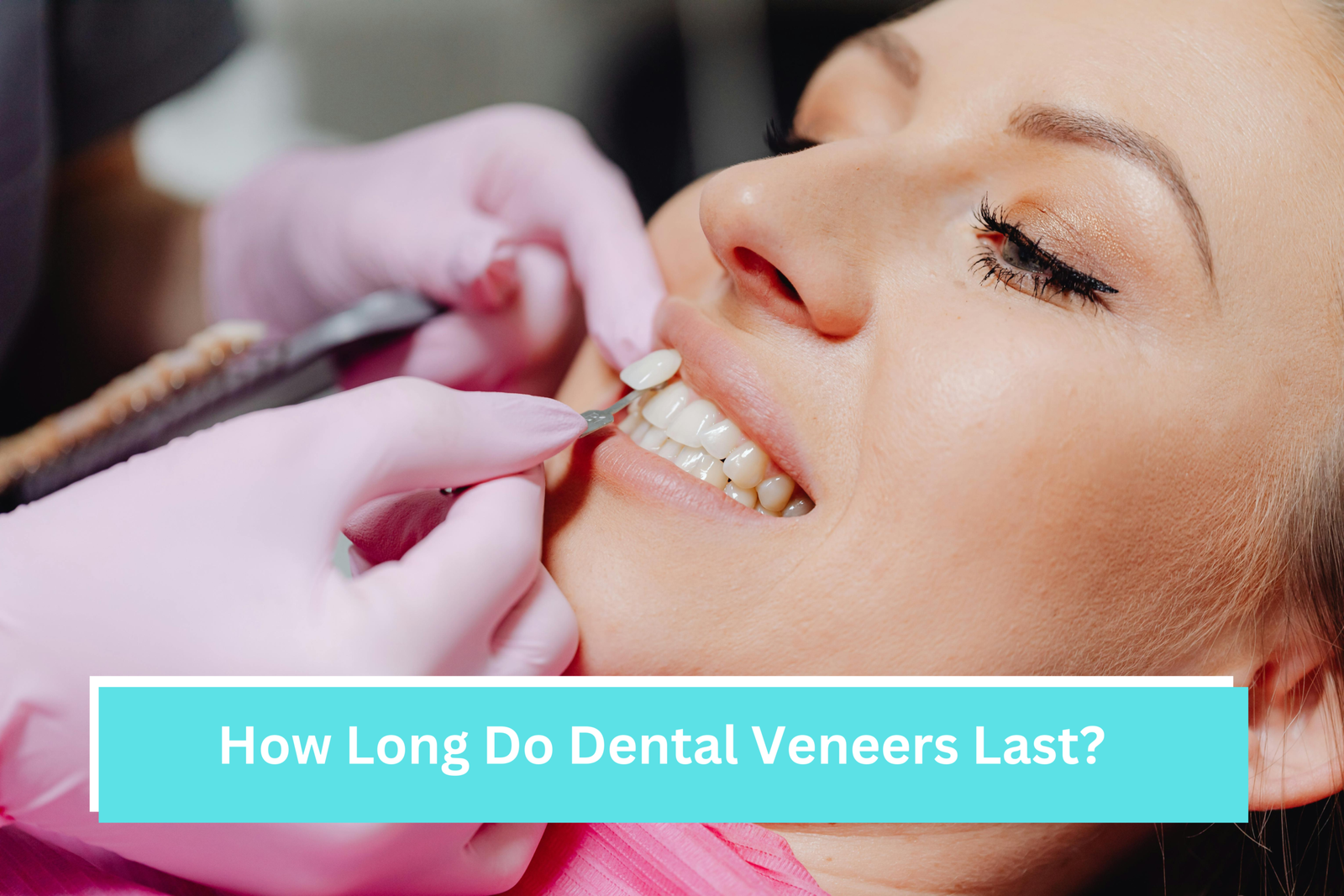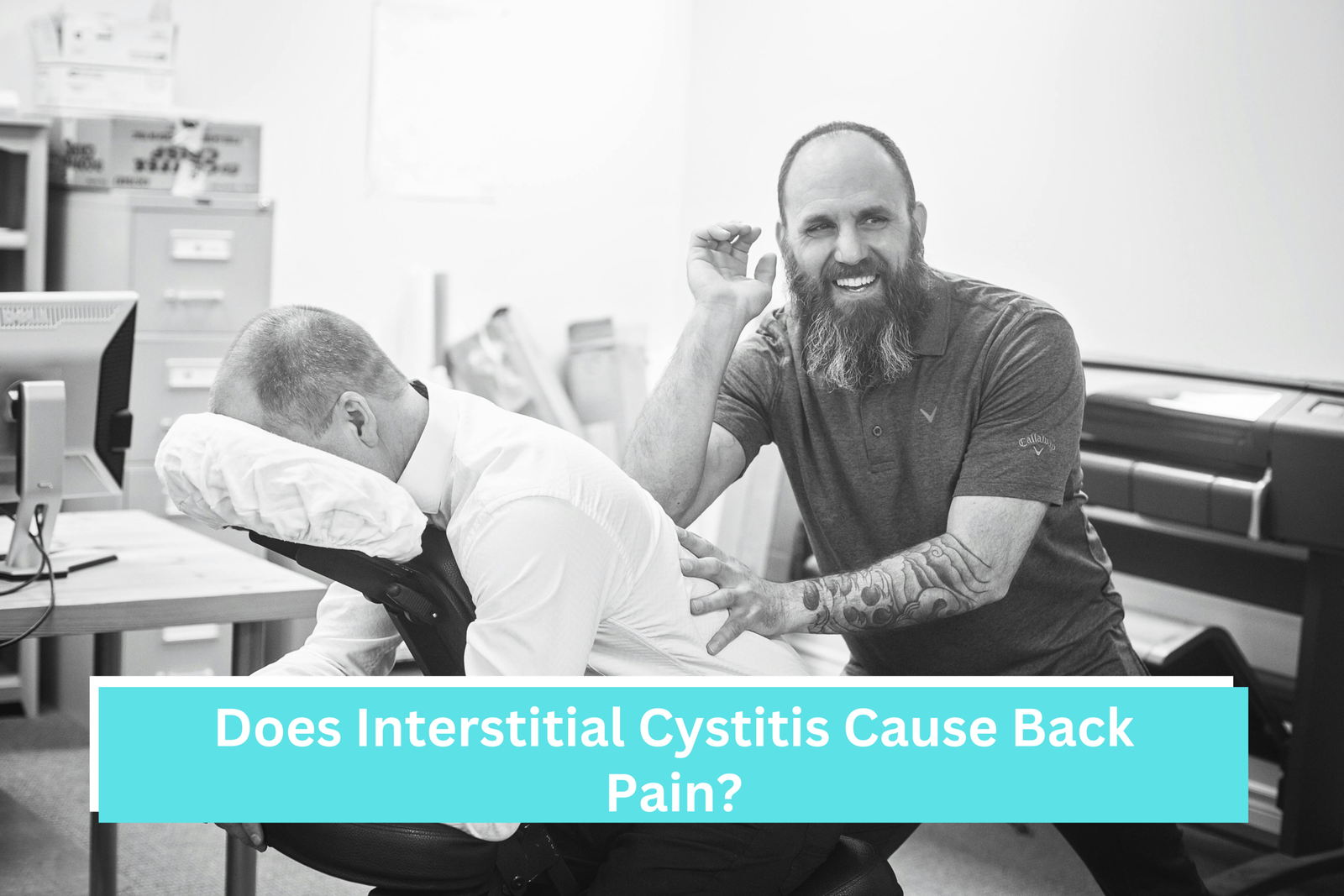Dental implants have become one of the most reliable and long-lasting solutions for replacing missing teeth in Abu Dhabi. Whether you lost a tooth due to injury, decay, or gum disease, dental implants can restore your smile, function, and confidence. However, one of the most common questions patients ask their dentist is: “How long is the healing time after an implant before I can get the crown?”
The typical healing time after dental implant surgery in Abu Dhabi, before the permanent crown can be placed, is generally 3 to 6 months. This period is essential for a biological process called osseointegration, where the titanium implant fuses with your jawbone to form a stable and strong foundation for your new tooth. While this may sound like a long wait, this phase ensures that your implant lasts for many years—often a lifetime.
Table of Contents
ToggleUnderstanding the Healing Process After Dental Implant Surgery
When you undergo dental implant surgery, your dentist in Abu Dhabi places a small titanium post into the jawbone to act as an artificial tooth root. After placement, the bone cells gradually grow and attach themselves to the implant’s surface in a process known as osseointegration.
This phase is critical because it determines the long-term success and stability of the implant. If the implant does not fully integrate with the bone, it may loosen or fail to support the crown properly. That’s why patience during the healing period is vital to achieving the best possible outcome.
Factors Affecting Healing Time
Although the general healing period is 3 to 6 months, the exact timeline can vary from person to person. Several key factors influence how long it takes before your dentist can safely attach the crown.
1. Bone Density and Quality
The condition of your jawbone plays a major role in determining the healing timeline.
Patients with dense, healthy bone usually experience faster osseointegration, allowing for quicker crown placement. However, if the bone is soft, thin, or weakened due to tooth loss or gum disease, the integration process may take longer.
This is why dentists in Abu Dhabi often recommend a cone-beam CT scan before treatment—to evaluate your bone quality and plan the implant placement accurately.
2. Need for Bone Grafting
If there is not enough healthy bone to support the implant, a bone graft may be necessary before the implant surgery. Bone grafting helps rebuild the jawbone, but it also adds an extra healing period of 3 to 6 months (or more) before the implant can even be placed.
As a result, the total treatment time—from bone grafting to final crown—can extend to 8 to 14 months. Although this might seem long, this extra step is crucial to ensure the implant’s success and long-term durability.
3. Overall Health and Lifestyle
Your general health significantly affects your body’s ability to heal.
Conditions such as diabetes, autoimmune disorders, or osteoporosis can slow down healing. Similarly, lifestyle habits like smoking, poor diet, or excessive alcohol consumption may reduce blood flow to the gums and delay osseointegration.
Your dentist will likely recommend making healthy lifestyle adjustments—such as quitting smoking and maintaining a balanced diet—to promote faster and smoother recovery.
4. Location of the Implant
Interestingly, the location of the implant within your mouth can influence how fast it heals.
Implants placed in the lower jaw tend to heal faster due to denser bone structure, while implants in the upper jaw, particularly near the sinus area, may require more time for complete integration.
This variation is perfectly normal and something your implant dentist in Abu Dhabi will consider when planning your personalized treatment timeline.
5. Oral Hygiene and Aftercare
Maintaining excellent oral hygiene after implant surgery is essential. Proper brushing, flossing, and the use of an antibacterial mouthwash help prevent infection and promote healing.
Skipping oral hygiene or neglecting professional dental checkups can lead to inflammation or peri-implantitis, potentially jeopardizing the success of the implant.
Following your dentist’s post-operative care instructions carefully ensures that your implant heals properly and remains healthy for years to come.
Step-by-Step Timeline: From Surgery to Crown Placement
Let’s take a closer look at the general timeline of a dental implant treatment in Abu Dhabi.
1. Implant Placement Surgery
The first step involves surgically placing the titanium implant into your jawbone. The procedure is usually performed under local anesthesia and takes about one to two hours, depending on how many implants you’re getting. After surgery, mild discomfort, swelling, or bruising is normal for a few days.
Your dentist will give you pain management and post-care instructions to ensure smooth recovery during the initial phase.
2. Osseointegration (3–6 Months)
This is the healing phase where the implant bonds with your natural bone. It typically lasts three to six months, depending on your individual healing capacity. During this time, it’s important to avoid putting excessive pressure on the implant site.
Your dentist may provide a temporary crown or denture for cosmetic reasons, but the permanent crown will only be placed once osseointegration is complete.
3. Abutment Placement (If Needed)
Once the implant is fully integrated, an abutment—a small connector piece—is attached to the implant. Sometimes this is placed during the initial surgery, but in other cases, it’s done later in a minor follow-up procedure.
The gum tissue around the abutment usually takes 1 to 2 weeks to heal. After this, impressions of your mouth are taken to design the final crown.
4. Crown Placement
Finally, after the gums and implant site have healed completely, your dentist in Abu Dhabi will attach the custom-made crown. The crown is designed to match the color, shape, and size of your natural teeth, ensuring a flawless and natural look.
The crown placement usually takes one or two visits, and once done, you’ll be able to chew, smile, and speak comfortably again—just like with your natural teeth.
Are There Faster Options?
Some dental clinics in Abu Dhabi offer same-day implants or immediate loading implants, where a temporary crown is placed right after surgery.
While this option provides instant cosmetic results, it is suitable only for patients with excellent bone density and oral health.
Traditional implant methods, which allow for full osseointegration before crown placement, remain the most reliable approach for long-term success and durability.
How to Promote Faster Healing After Dental Implants
Here are some helpful tips to support your healing process after dental implant surgery:
- Follow your dentist’s aftercare instructions carefully.
- Avoid smoking and alcohol for at least a few weeks after surgery.
- Eat soft foods and avoid putting pressure on the implant site.
- Maintain proper oral hygiene using a soft toothbrush and antimicrobial mouthwash.
- Attend all follow-up appointments to ensure the implant is healing properly.
By taking these steps, you can reduce your recovery time and increase the success rate of your dental implant treatment.
Final Thoughts
The healing time after a dental implant in Abu Dhabi before getting your crown typically ranges from 3 to 6 months, depending on bone quality, overall health, and the need for additional procedures like bone grafting.
Although the process requires patience, it’s well worth the wait. The result is a natural-looking, strong, and permanent replacement tooth that can last a lifetime with proper care.
Your dentist in Abu Dhabi will guide you through every step—from the initial consultation to crown placement—ensuring your comfort, safety, and satisfaction throughout the journey.
If you’re considering dental implants, consult a qualified implant specialist to get a personalized treatment plan and estimated healing timeline tailored to your unique oral health needs.



